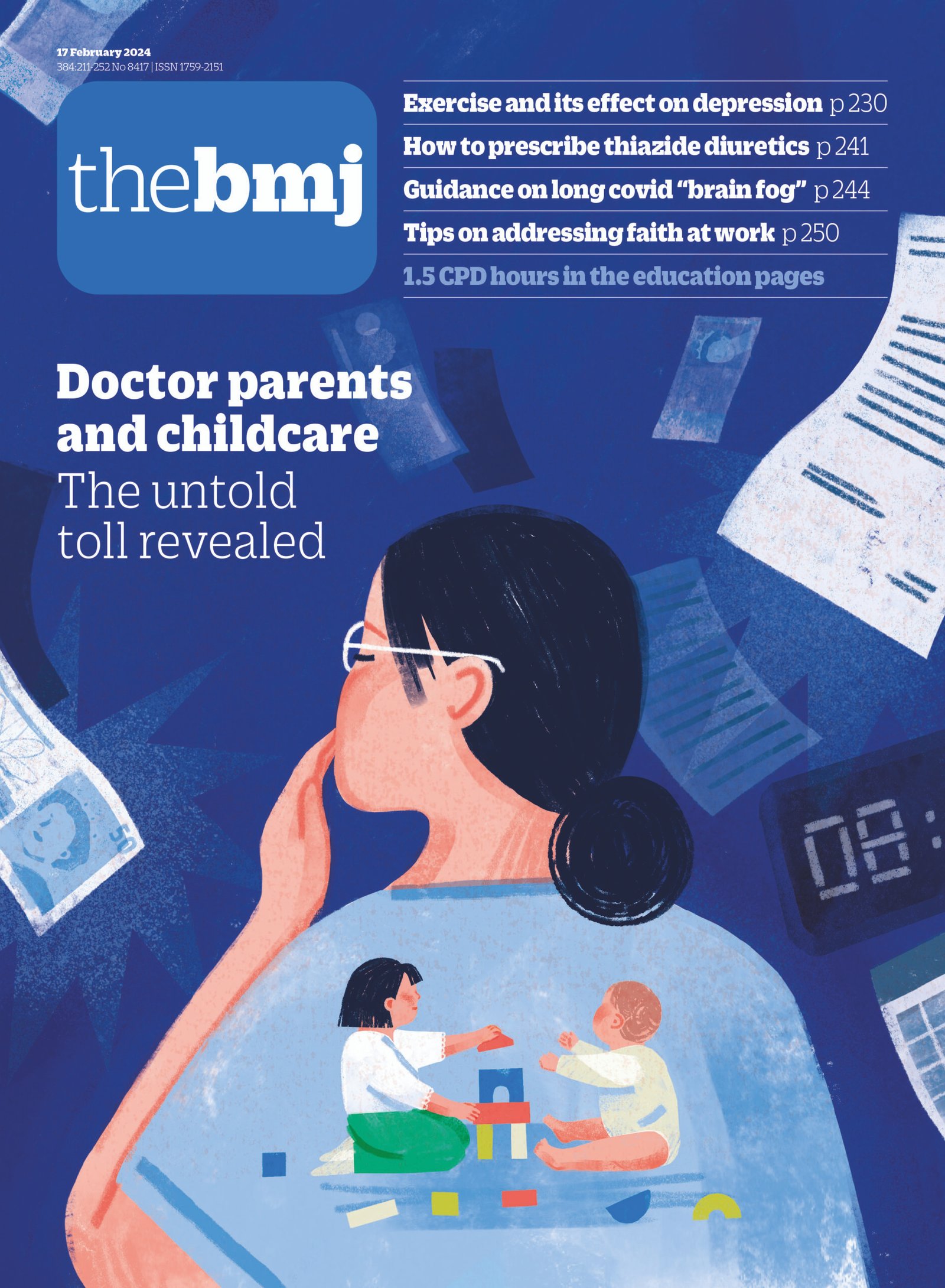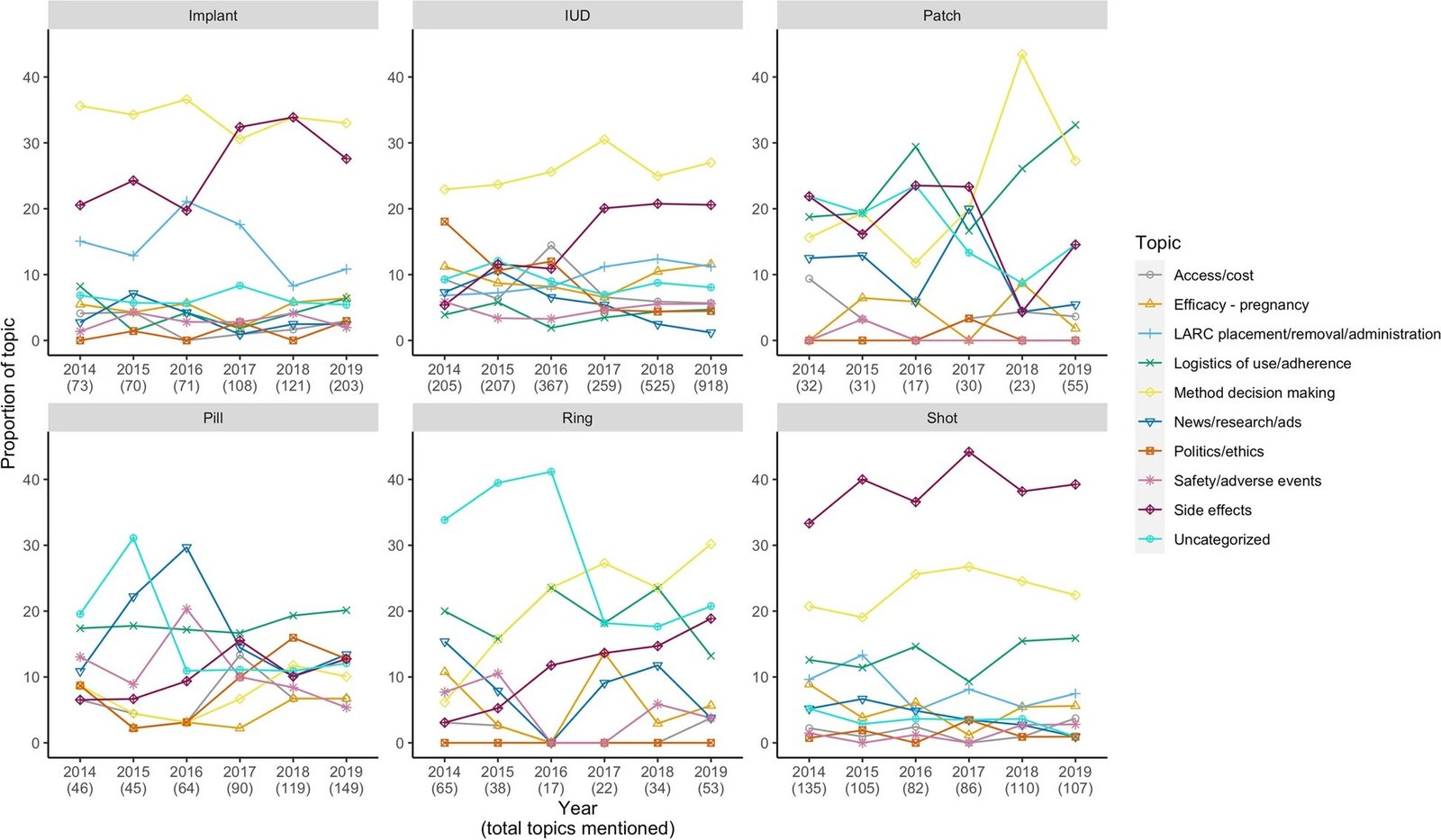Not long ago, a surgical colleague told me that all the patients attending his outpatient clinic arrive “pre-scoped”—the investigations have been done before the clinical encounter. As a result, he knows exactly what to expect in terms of pathology, although each patient will differ in the way they react and the choices they make.
By contrast, I often do not know what my clinic holds in store, even when I know the patients or they have filled in an online form ahead of their consultation (as this is not mandated in our practice, most patients tend not to do so). Until I see the patient, I do not know whether the cough that has been bothering them for a month is a resolving viral infection, bacterial pneumonia, heart failure, or acid reflux—or how worried I should be about lung cancer.
Like many GPs, I enjoy the variety and unpredictability of general practice, but when I am really busy and the next patient on the list presents with an apparently trivial symptom, it is easy to feel a frisson of irritation. This is particularly the case when I am running late—perhaps because I’ve been supporting a patient with difficult decisions to make about their deteriorating neurological condition or trying to do a risk assessment with a potentially suicidal young person. Then I might ask myself: “Why am I seeing this person with a four day history of low back pain?” And there’s a risk my irritation might show in the way I greet them. If I fail to do my emotional “housekeeping”1 and do not take the time to reset to neutral before I see the next patient, if I am instead contrasting the previous patient’s problems with those of the person facing me now, I will not be giving them my best attention.

It is important to remind myself about my state of ignorance before the consultation, because sometimes that low back pain is more serious that it looked on paper—perhaps because of the bony tenderness or abnormal neurology that goes with it or because of the underlying social causes (a row at home followed by a fall downstairs). Even after many years of working as a GP, I find it nearly impossible to know how serious a problem is without at least talking to the patient. There is no triage equivalent of “pre-scoping” patients in general practice, given the infinite variety of their presentations.
A few simple cases such as obvious minor infections can be safely diverted, but it is really hard to tell in advance who needs to see a doctor, so I am worried about the brave new world envisaged in integrated care board primary care strategies, where there is remote triage of all same day appointment requests, and many patients will not see a doctor.23 At best it will be inefficient, as we will end up duplicating appointments because the problem will not have been solved at the first encounter; at worst, it will be dangerous, as important diagnoses will be missed.










